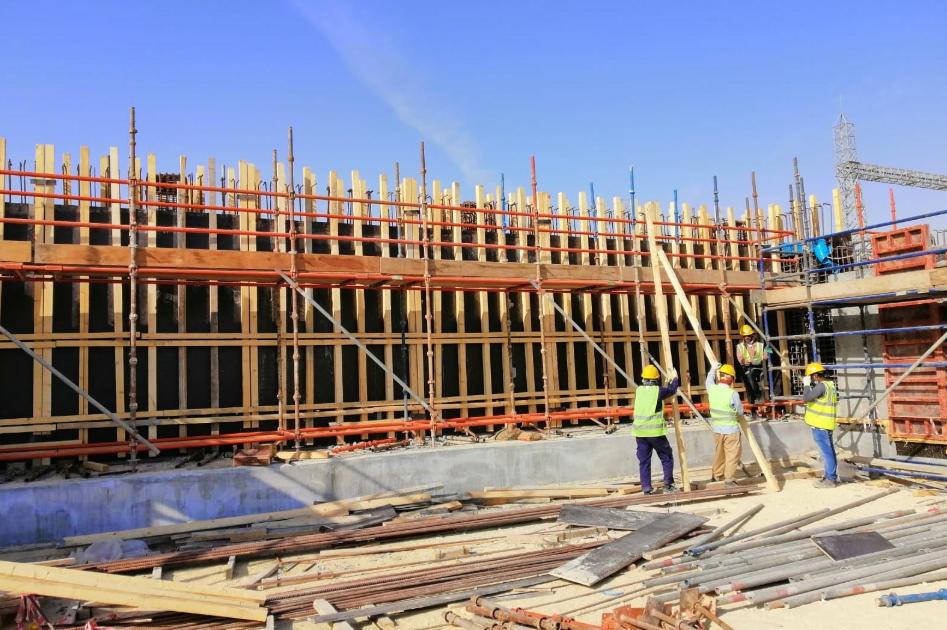
The field of civil works construction demands precision, efficiency, and the right set of tools to ensure projects are completed successfully. Whether it’s constructing a bridge, a building, or roadworks, having the appropriate equipment not only saves time but also enhances safety and quality.
Below, we explore seven indispensable tools for modern civil works projects:
1. Excavators
Excavators are versatile machines essential for a variety of tasks, such as digging, lifting, and moving heavy materials. Equipped with a hydraulic arm and bucket, they play a pivotal role in site preparation, trenching, and demolition.
2. Dump Trucks
These vehicles are indispensable for transporting loose materials such as sand, gravel, or debris. With their robust build and varying capacities, dump trucks facilitate efficient waste removal and material delivery, keeping construction sites organised.
3. Concrete Mixers
Concrete mixers simplify the process of preparing concrete by ensuring uniform consistency. These machines are vital for creating strong and durable foundations, walls, and pavements, making them a cornerstone of construction activities.
4. Compactors
Compactors are used to compress soil, asphalt, or other materials to increase density and stability. By eliminating voids, they ensure a solid foundation for roads, pathways, and structures, reducing the risk of settlement or collapse.
5. Surveying Equipment
Accurate measurements are the backbone of any successful project. Total stations, theodolites, and GPS devices help surveyors set out plans precisely, ensuring the alignment and layout adhere to design specifications.
6. Power Tools
From drills to angle grinders, power tools are essential for tasks requiring precision and speed. These portable devices improve productivity, enabling workers to cut, shape, and assemble materials with ease.
7. Safety Gear
Although not a tool in the conventional sense, safety equipment such as helmets, gloves, high-visibility vests, and boots is critical. Protecting workers from potential hazards ensures compliance with safety regulations and minimises accidents on-site.
8. Scaffolding Systems
Scaffolding provides temporary support structures that enable workers to access elevated areas safely. These systems are essential for tasks such as painting, masonry, and structural repairs, ensuring stability and security throughout the construction process.
The success of any civil works construction project lies in combining skilled labour with the right tools. These seven essentials not only improve efficiency but also enhance the safety and quality of work. Equipping your project with these tools sets the foundation for achieving both structural integrity and operational excellence.
